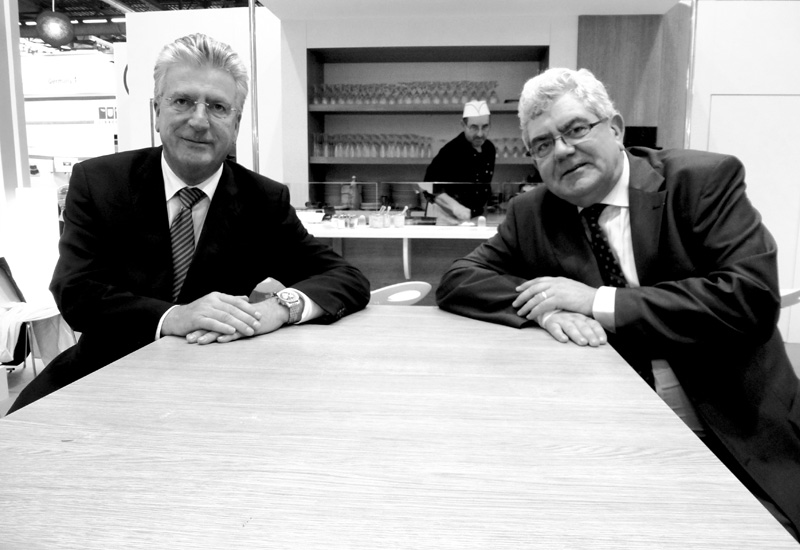Before the BSE scare and subsequent import ban, France was importing over 2,000 tonnes of beef to Egypt alone. The ban has now been lifted and chairman for Interbev Dominique Langlois, and general director of the GEF Yves Berger, tell Caterer the sector’s offering is now bigger and better
In May this year a 12-year ban on the import of French beef to the Middle East was lifted. Enforced due to the BSE scare, or ‘Mad Cow Disease’ – a fatal neurodegenerative disease (encephalopathy) in cattle that causes a spongy degeneration in the brain and spinal cord, also transmittable to humans that eat infected carcass – the ban was detrimental to the French export industry.
Egypt alone which was receiving 2,000 tonnes of French beef prior to 1990 cut off all beef import ties with the country, as did the GCC.

| Advertisement |
“At the same time, Brazil was boosting export of its meat to these countries so it really was bad luck,” Dominique Langlois, chairman of Interbev, the body that manages French beef export in the EU, told Caterer at SIAL Paris 2012.
But the tables have turned. Efforts from the government and the GEF – which facilitates SMEs and meat suppliers in export trade outside of the European Union – have convinced GCC governments to give the country’s beef offering a second chance with the UAE and Kuwait already reopening pipelines.
The quality of the beef did all the convincing assures Langlois. But the journey to getting here has not been short of its challenges. The legislation and policies surrounding the beef’s safety has had to be watertight.
“There have been processes we have had to put in place to absolutely ensure the safety of the beef and convince people of this but the quality of the beef has seen the Middle East consumer market demanding this product. This has made our integration back into the market much easier,” says Langlois.
One of the biggest elements in ensuring safety is the testing process which takes place in France. All meat leaving the country is fully tested. In addition to this, the GEF ensures that any of the beef it is dealing with is fully traceable. “Every piece of muscle can be traced back to the farm it was produced at,” says Yves Berger, general director of the GEF.
Moreover, with these stringent procedures in place, France is the ideal supplier for the Middle East market – particularly where halal beef is concerned. Halal beef makes up 200,000 tonnes of the 1,300,000 tonnes of France’s current beef production.
“About 6% of French Muslims consume halal meat,” explains Langlois. “We ensure the use of certified halal abattoirs/slaughterhouses which have been specifically appointed by the mosques of Lyon and Avery.
Article continues on next page ...









 Search our database of more than 2,700 industry companies
Search our database of more than 2,700 industry companies









